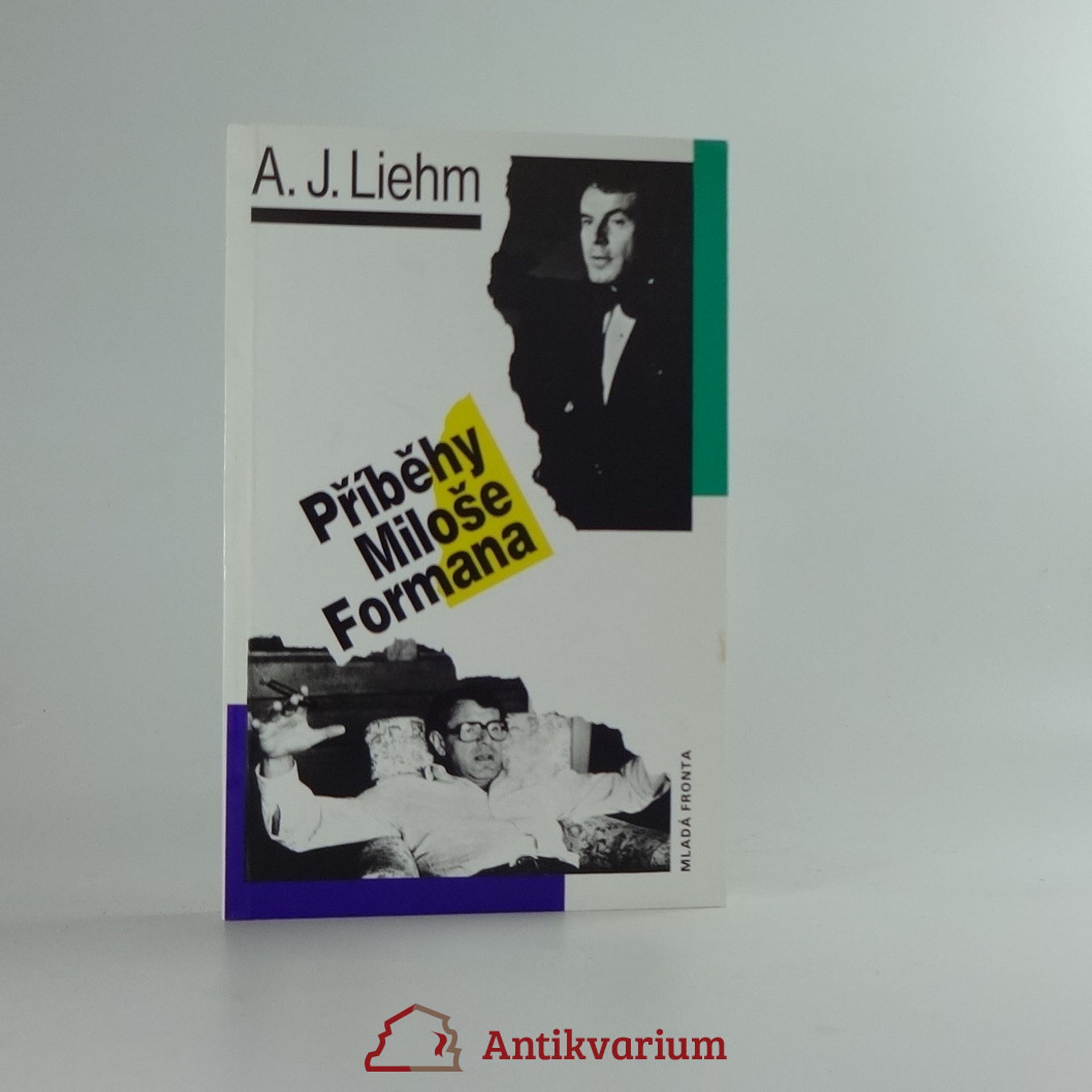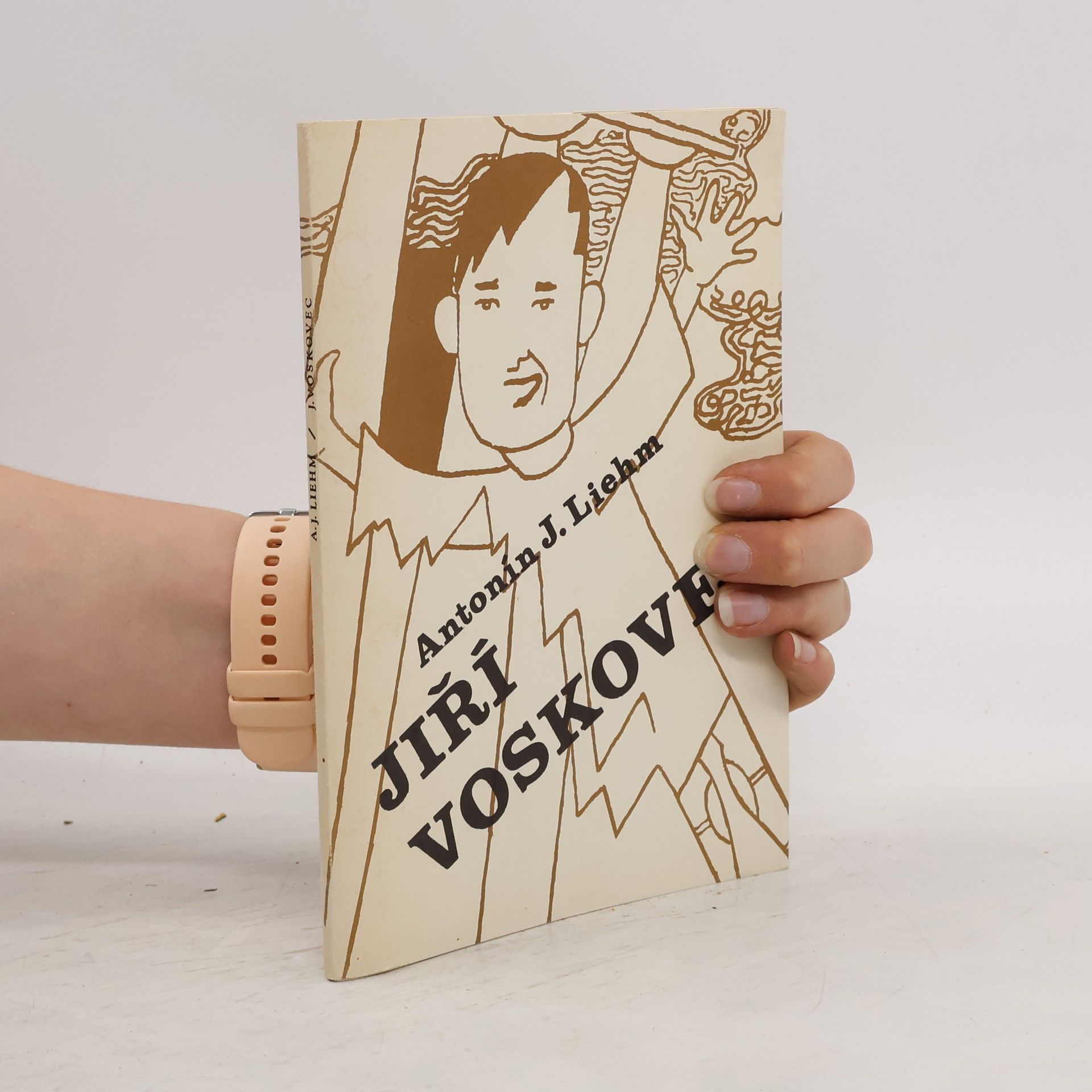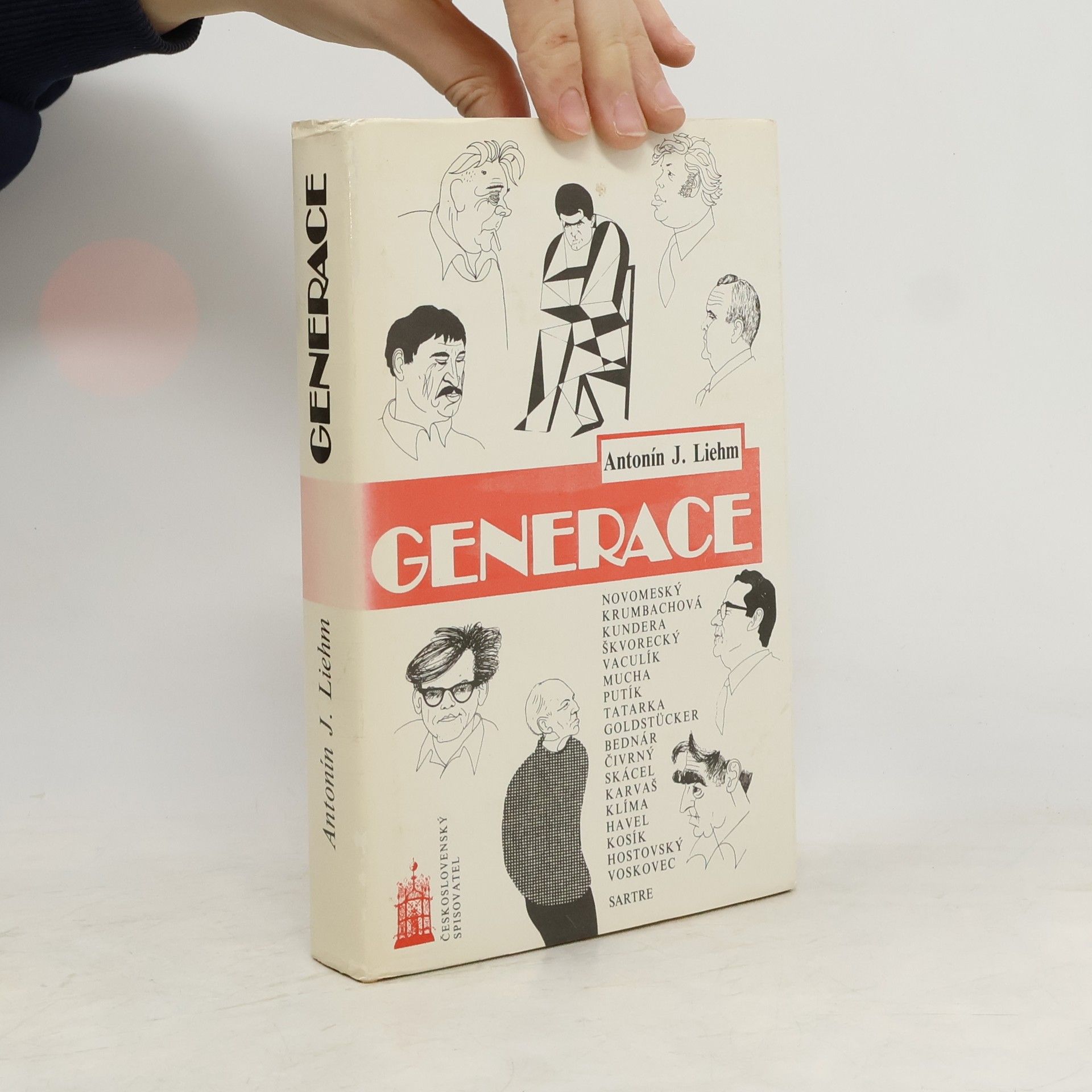Generace
- 466 stránek
- 17 hodin čtení
Rozhovory z let 1966–1968 s L. Novomeským, E. Krumbachovou, M. Kunderou, J. Škvoreckým, L. Vaculíkem, J. Muchou, J. Putíkem, D. Tatarkou, E. Goldstückerem, A. Bednárem, L. Čivrným, J. Skácelem, P. Karvašem, I. Klímou, V. Havlem, doplněné předmluvou J. P. Sartra k francouzskému vyd. (1970) a rozhovory s E. Hostovským (1973) a J. Voskovcem (1981).




